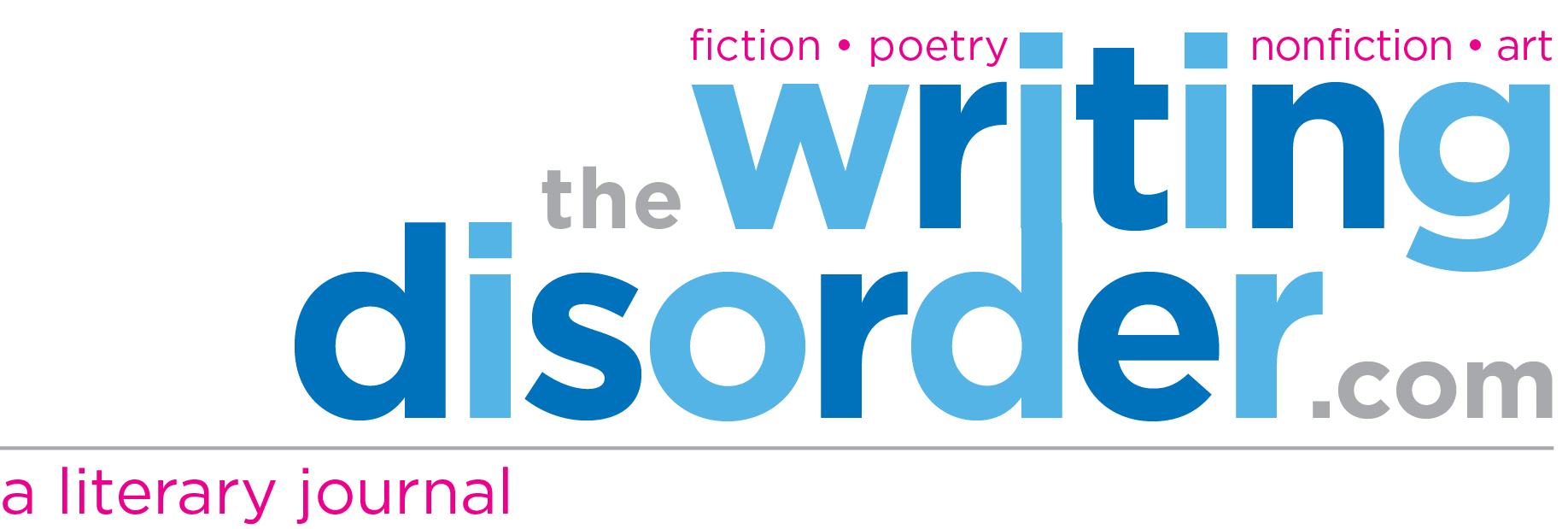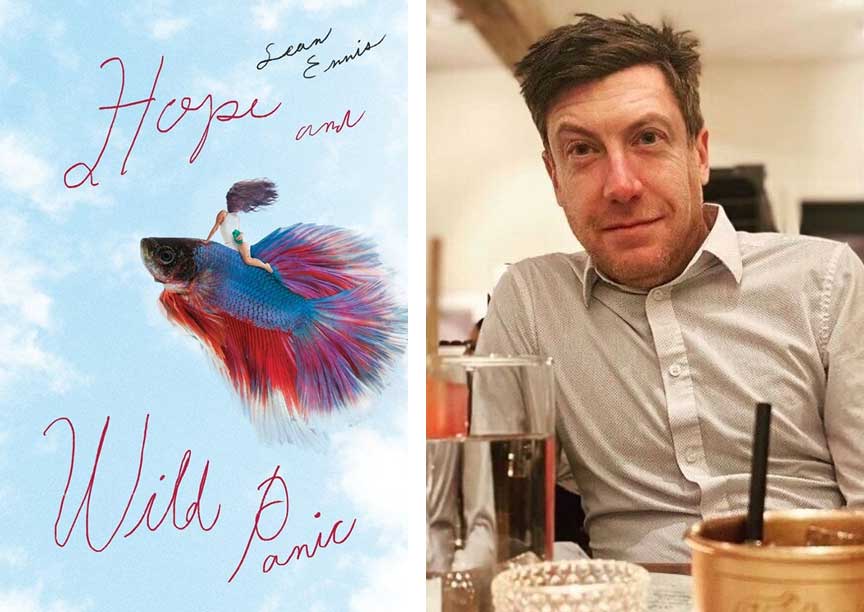Book Review: Hope and Wild Panic by Sean Ennis
Reviewed by Hugh Blanton

Hope and Wild Panic
by Sean Ennis, 202 pages
Malarkey Books, $17
Few people have heard of Water Valley, fewer have heard of Wallace Saunders. Saunders “wrote” the first Ballad of Casey Jones, and I put wrote in quotes because he never actually wrote the lyrics on paper, he just sang it to the tune of “Jimmie Jones”, a popular song at the time (1900). Saunders, a simple engine wiper, idolized Casey Jones, the train engineer who was killed when his Illinois Central passenger train collided with a broken down freight train in Vaughn, Mississippi April 30, 1900. Saunders never copyrighted the song, and neither did Frank and Bert Leighton, the vaudeville performers who took the song on the road with them to theaters around the country. Poet Carl Sandburg called The Ballad of Casey Jones “the greatest ballad ever written.” Wallace Saunders was compensated one bottle of gin for creating it. The more ambitious vaudeville performers T. Lawrence Seibert and Eddie Newton got the paperwork done and got the credit for publishing The Ballad of Casey Jones. We only know of Saunders today thanks to the efforts of the curators at the Casey Jones Museum in Water Valley, Mississippi.
* * *
Hope and Wild Panic is the latest book from Sean Ennis. He marches his army of eighty-seven flash pieces into small town realism where an unnamed narrator details the lives of his wife, his son, and himself in Water Valley, Mississippi. Ennis hops like a flea from topic to topic in the stories, and even within the stories themselves. He’s got a sharp sense of humor—here’s the narrator on getting married to his fiancee: “I have reached my free limit with Grace—must now pay and subscribe.” There’s also touching poignancy: (standing outside the entrance to a grocery store) “a cashier rushed outside yelling, ‘You left your card!’ at another customer. ‘I have no use for it,’ the woman said. She was crying and had no groceries.”
In an interview with Alan Good, Ennis said of flash fiction: “When I was introduced to the concept of flash fiction in grad school, I remember thinking that it was silly. I imagined that its writers didn’t have the discipline or imagination to tell a more ‘traditional’ story. Obviously, my opinions have changed, and I find myself writing shorter and shorter pieces, so much so, that soon I’ll be writing nothing at all.” (One of the stories in Hope is only six sentences long.) The stories here follow an arc and you could probably call it a novel without getting too much pushback, including from the author himself: “There was some question as to what this book is,” Ennis said. “a story collection, a novel, a memoir?…The way I understand the project is mainly like the sitcom TV series I grew up watching—episodic events with repeating characters and a relatively circular plot.” M.O. Walsh, author of The Big Door Prize, says of Hope and Wild Panic: “It satisfies readers who crave both the whiplash of flash and the arc of a novel.”
One excessively recurring episode we get in America today is school shootings. Our couple gets a text from their son at school: “we on lockdown.”
I hate to say we knew this day would come. Let’s say, not so forcefully, not so I-told-you-so, that we are not surprised. We are, however, surprised to find ourselves ninety miles away at a casino when it did. As parents, we can honestly give ourselves a B+ cumulative rating, but this is D work we’ve turned in today.
The official text from the school has now come in, confirming, and we’re already aiming south on I-55 with $80 in Golden Nugget chips. I will not add to the general bemoaning about the modern necessity of enhanced school safety. If all Gabe learns in eighth grade is how to keep himself alive, plus a little algebra, so be it.
Their son likes his mom more than his dad. “I assume one of the reasons Gabe prefers his mother to me is that he’s known her nine months longer.”
Ennis flits from topic to topic without derailing the story, although his flight of ideas gets turbulent at times:
I had a dream so bad I couldn’t tell Grace about it and Grace was in it! That my mind could concoct—that it would make me believe—I mean, I worry. My father tells Gabe a story about hiding in the woods from soldiers when he was a boy and eventually escaping to the freedom of Water Valley. It’s a lie, of course. My father has lived in Philadelphia his whole life, and there is no history to hang this tale on. Still, what was once a story of adventure for a child has become a strange, political joke that Dad insists on at holidays. Our family was never refugees in this specific sense! There is the belief that someone played drums in the Civil War, but I haven’t swabbed my cheek and gotten that confirmed. Okay, in the dream, I was being shown how to do something new, being talked into it, something I had never done. There was, like, an instruction manual and some encouragement. Let’s just say, if I did this thing in real life, I would not be just weird, but monstrous … Have you seen this trick? Ricky once filled an empty vodka bottle with water and took massive swigs at a stranger’s party.
Just when it looks like Ennis’s flitting has gone too far, he turns around, smirks, and moondances down another tangent—twirling his hat in his hand.
Hope‘s stories are thrown together out of any old garments laying around, sewn together into a patchwork quilt—the fall of Kabul during a graduation ceremony, Grace’s debilitating depression, Gabe angrily cursing a video game opponent in cyberspace. Ennis’s debut collection, Chase Us, was shortlisted for the William Saroyan International Prize for Writing in 2017 and was also an Amazon Editor’s Pick. Looks like he’s got another success on his hands here.
BIO
Hugh Blanton‘s latest book is Kentucky Outlaw. He can be reached on X @HughBlanton5.


